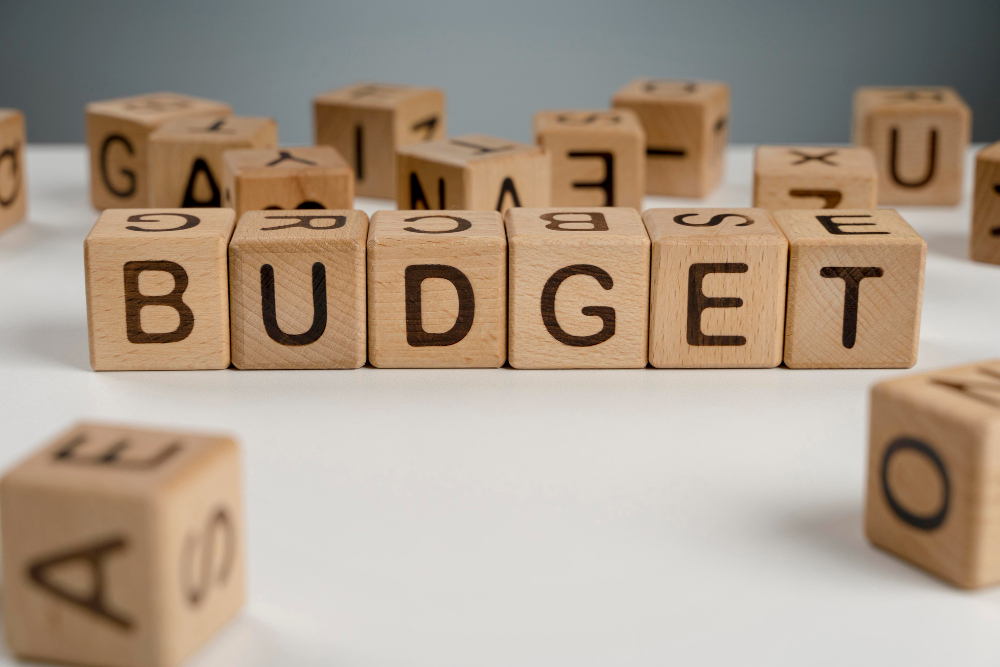
When setting a gambling budget, it is essential to prioritize financial stability. Understanding your financial circumstances and setting clear objectives can help establish reasonable spending limits that are in line with your Ong777 disposable income.
The primary challenge lies in maintaining discipline and avoiding impulsive choices that may jeopardize your financial situation.
To navigate the world of gambling responsibly, consider implementing practical strategies to ensure control and informed decision-making regarding your gambling budget.
Understand Your Financial Situation
Before establishing a gambling budget, it’s essential to conduct a thorough evaluation of your current financial situation. This assessment will help you determine the amount you can comfortably allocate towards gambling activities.
Begin by prioritizing your essential expenses, such as bills, groceries, and savings objectives. Strive to strike a balance between your gambling entertainment and financial obligations. Take into account your income sources, existing savings, and any outstanding debts.
Understanding your financial standing is crucial for setting a realistic budget that safeguards your financial stability. By creating this equilibrium, you can engage in gambling responsibly without endangering your financial well-being.
Dedicate sufficient time to carefully scrutinize your finances before finalizing a gambling budget.
Determine Your Gambling Goals
When setting your gambling budget, it’s essential to first identify your goals and objectives related to gambling. Clearly defining what you want to achieve through gambling, whether it’s for entertainment, relaxation, or profit, is crucial.
Conducting a risk assessment to determine your financial and emotional limits is also important. Prioritize your goals based on their significance, ensuring that they align with your financial capabilities.
Calculate Your Disposable Income
Determining your gambling budget involves assessing your monthly income after accounting for essential expenses. Start by compiling all sources of income and deducting necessary costs such as rent, bills, groceries, and savings.
Once you have calculated your disposable income, consider implementing budgeting strategies for better financial management. Allocating a portion for entertainment, including gambling, can be part of your financial planning. However, prioritize savings and debt payments before allocating funds for recreational activities.
Understanding your disposable income and incorporating it into your budget ensures that your gambling expenses align with your financial goals.
Set Realistic Spending Limits
Evaluate your gambling habits and financial situation to establish practical spending limits that are in line with your disposable income and overall budget. Determine a reasonable amount that you can comfortably afford to spend on gambling without impacting your essential expenses or savings.
Setting boundaries that are realistic and reflect your financial reality can help prevent financial strain. It’s important to avoid chasing losses by adhering to your predetermined limits, even in the face of setbacks.
Remember that gambling should be viewed as entertainment rather than a way to make money. By setting sensible spending limits based on your disposable income and budgeting goals, you can enjoy a more responsible gambling experience while safeguarding your financial well-being.
Track Your Gambling Expenses
Maintaining a meticulous record of your gambling expenditures is crucial for understanding your financial outlays and adhering to your budget. Tracking expenses aids in effective budget oversight.
Utilize a designated notebook, spreadsheet, or budget app to document each gambling expense, such as wagers, wins, losses, and supplementary costs like travel or meals. Classify expenses to pinpoint expenditure patterns and pinpoint areas for potential cutbacks.
Consistently assess your expense tracking data to stay abreast of your financial status and make informed choices regarding adjusting your gambling budget. By diligently monitoring your gambling expenses, you’ll acquire a comprehensive view of your spending behaviors and be better equipped to manage your budget efficiently.
Adjust and Review Regularly
Regularly adjusting and reviewing your gambling budget is crucial for maintaining financial control and making informed decisions about your spending habits. To effectively manage your budget, consider implementing these budgeting tips:
- Firstly, reassess your financial goals and adjust your budget accordingly.
- Secondly, track your expenses diligently to identify areas where adjustments can be made.
- Thirdly, analyze your wins and losses to gain a better understanding of your overall financial situation. Financial planning is integral to this process.
Conclusion
In conclusion, setting a gambling budget is a crucial step in maintaining financial stability while enjoying the entertainment of gambling.
By understanding your financial situation, defining clear goals, calculating disposable income, and setting realistic spending limits, you can ensure that your gambling activities remain within your means.
Tracking expenses and regularly reviewing and adjusting your budget will help you stay on track and prevent financial strain.
Remember, responsible gambling is all about balancing fun with financial prudence.
